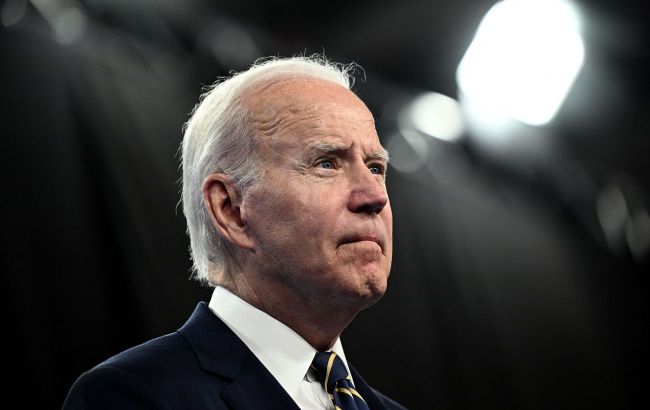Biden urges G7 nations to develop plan for frozen Russian assets by summer, Bloomberg
 President of the United States Joe Biden (Photo: Getty Images)
President of the United States Joe Biden (Photo: Getty Images)
President of the United States Joe Biden wants G7 countries to develop a plan for using frozen Russian assets to support Ukraine by June, according to Bloomberg.
According to an anonymous source cited by the news agency, Biden would like the frozen assets to be used to finance Ukraine's budgetary needs and then its recovery.
However, the US president does not believe that using Russian frozen funds replaces the need for assistance to Ukraine.
Bloomberg sources report that Biden privately has told allies that if Ukraine loses in the war, he believes that the international order will be disrupted for at least the next five decades.
Representatives of the G7 countries are discussing options for using $280 billion in frozen assets from the Central Bank of Russia.
Allies agree that frozen funds should remain inaccessible to Russia if it does not promise to help rebuild Ukraine, but they disagree on the legality of their full arrest.
The United States considers it wrong if Russia decides when to pay compensation to Ukraine for the damage it caused.
At the same time, France and Germany, as well as the European Central Bank, have so far resisted any actions that would lead to the arrest of Russian funds. They fear Russian retaliation against European assets and the potential impact on financial stability and the euro's status as a reserve currency.
Latest EU sanctions against Russia
The European Union adopted the 13th package of sanctions against Russia.
According to the EU's foreign policy chief, nearly 200 individuals and companies have been added to the sanctions lists. Sanctions are also aimed at blocking loopholes to bypass sanctions. European Commission President Ursula von der Leyen previously announced that the EU restricts Russia's access to drones.
As Western media reported, EU country envoys tried several times to agree on new sanctions against Russia, but Hungary traditionally blocked the decision. Budapest allegedly did not want Chinese companies to be included in the sanctions lists.

